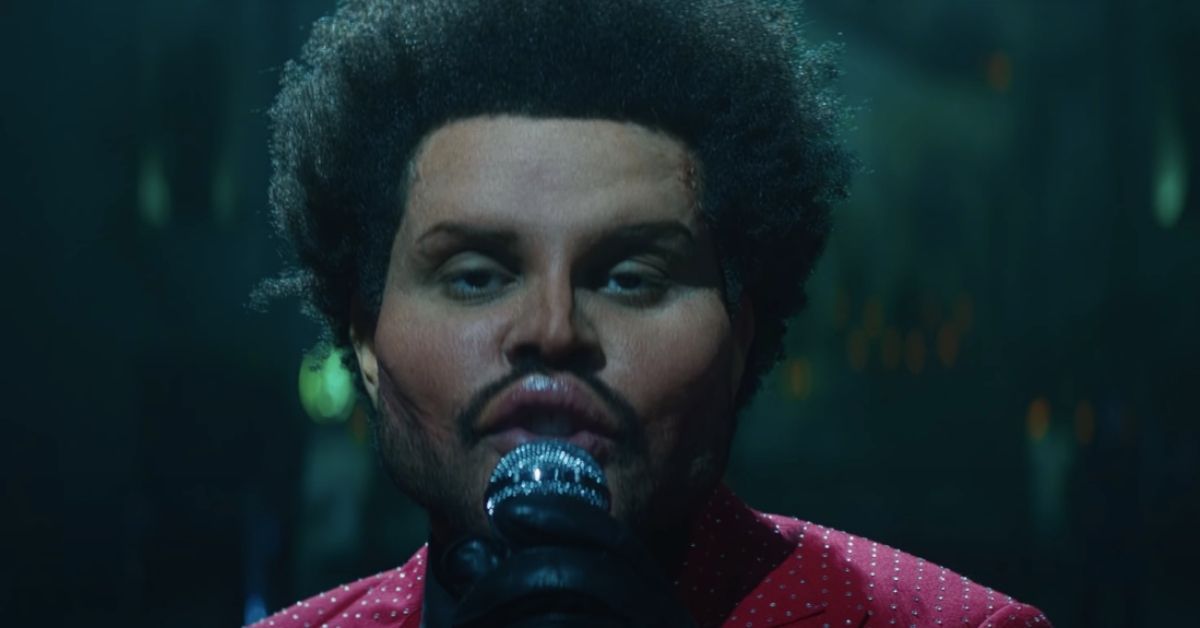The Weeknd has vowed to continue to boycott the Grammys – despite a major change to their rules.
After it was announced that the Recording Academy will stop using secret committees to select nominees, the three-time Grammy-winner has insisted he still can’t “trust” them.
“The trust has been broken for so long between the Grammy organization and artists that it would be unwise to raise a victory flag,” the “Blinding Lights” hitmaker, real name Abel Tesfaye, told Variety.
The Weeknd previously blasted the annual awards ceremony after his critically-acclaimed album After Hours was completely snubbed from the 2021 nominations list, and he later vowed to never submit any of his future work for consideration.
“Because of the secret committees, I will no longer allow my label to submit my music to the Grammys,” he said.
Continuing to accuse the Recording Academy and their award show of being “corrupt” when the nominations were revealed in November, the singer also called for the organization to be more “transparent” with how it shortlists talents.
He tweeted at the time: “The Grammys remain corrupt. You owe me, my fans and the industry transparency….”

Recording Academy chair and interim president/CEO Harvey Mason Jr. later responded to The Weeknd’s comments and said he was “surprised” he wasn’t recognized, as he blamed the lack of nominations on there being “fewer” to hand out “than the number of deserving artists.”
The Weeknd’s decision to boycott the Grammys came after Zayn Malik also accused them of being rigged.
He tweeted: “F### the grammys and everyone associated. Unless you shake hands and send gifts, there’s no nomination considerations. Next year I’ll send you a basket of confectionary.”
The former One Direction star later insisted his criticism wasn’t about his own album.
He added: “My tweet was not personal or about eligibility but was about the need for inclusion and the lack of transparency of the nomination process and the space that creates and allows favouritism, racism, and networking politics to influence the voting process.”

